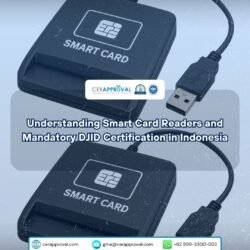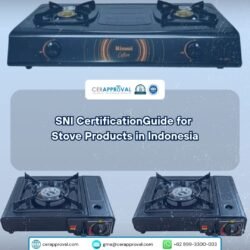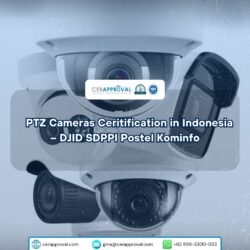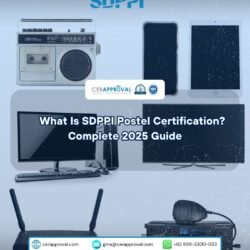Understanding Smart Card Readers and Mandatory DJID Certification in Indonesia
A smart card reader is a hardware device that reads data from smart cards. These cards are commonly applied in banking systems, digital identification, public transportation, and healthcare services.










